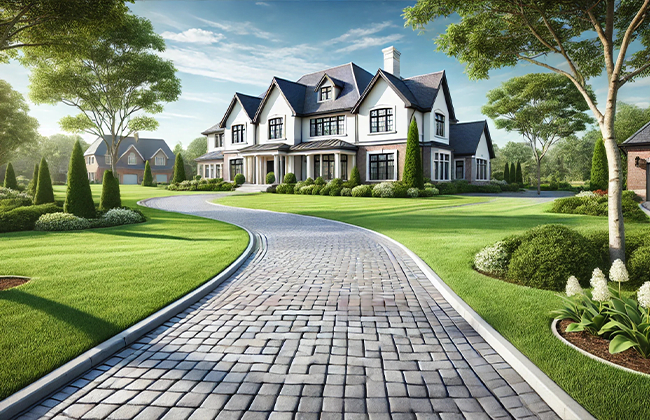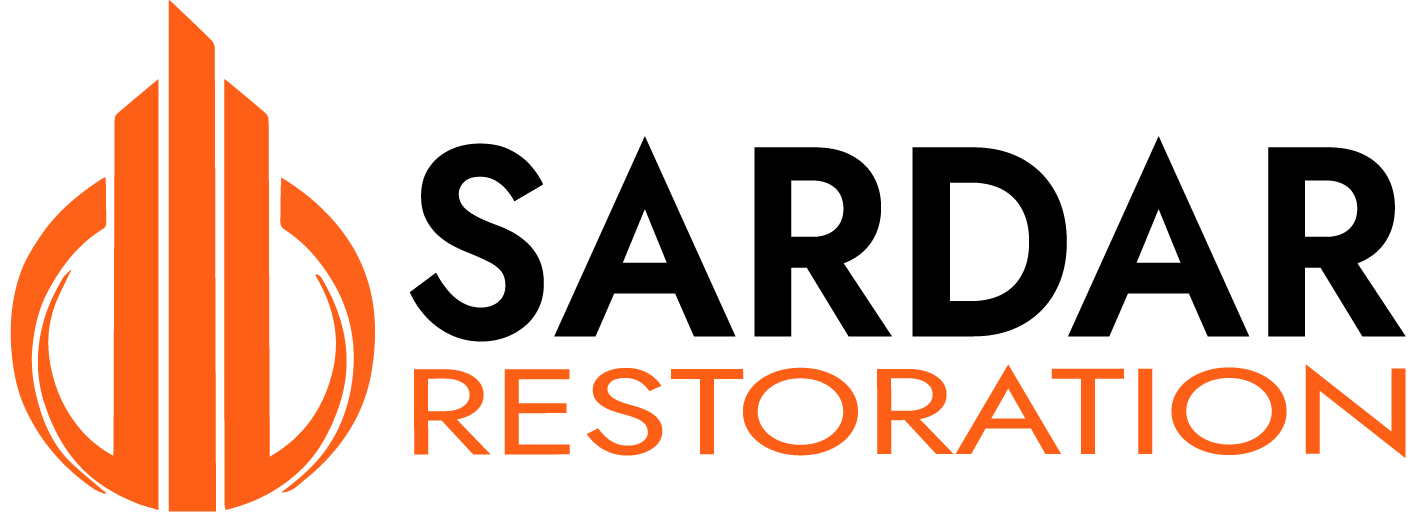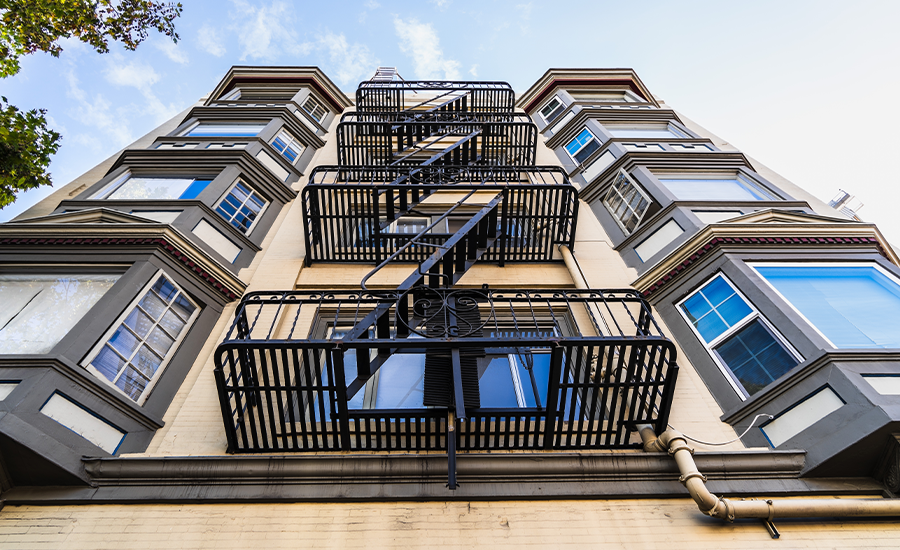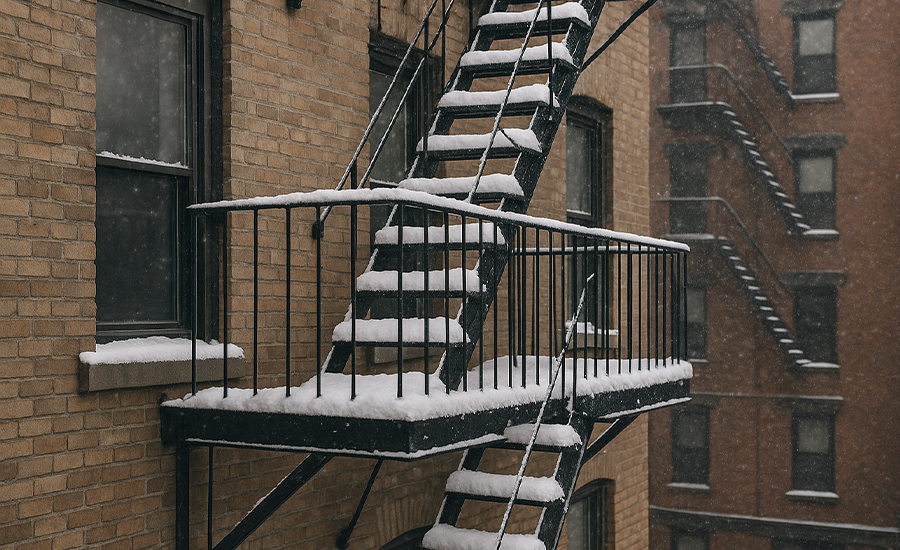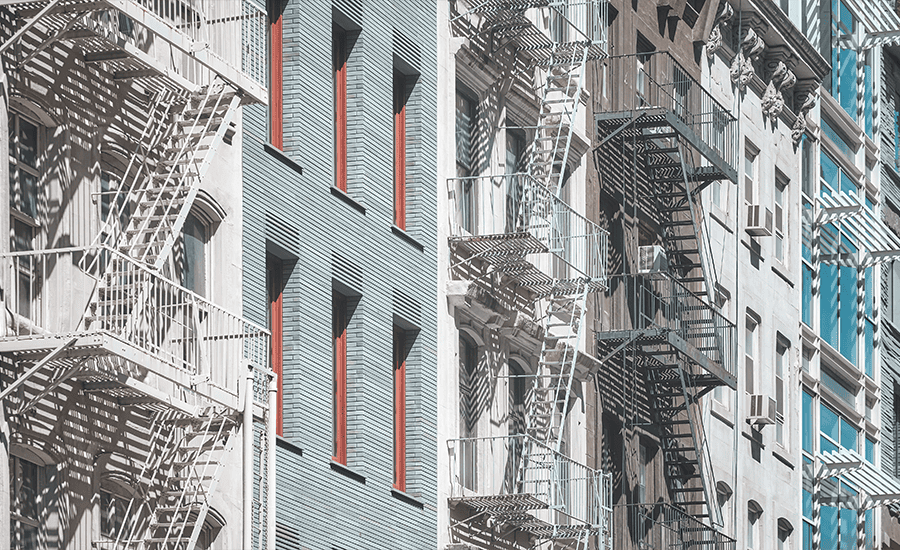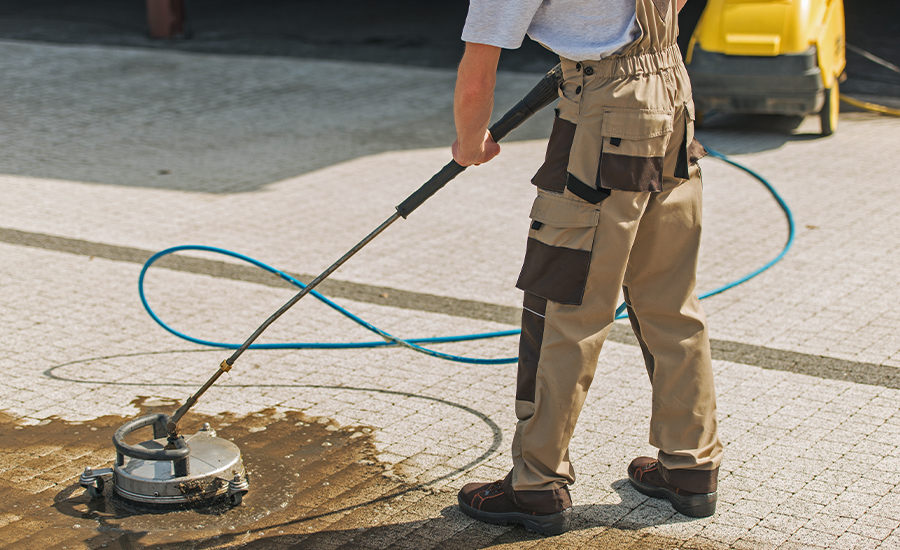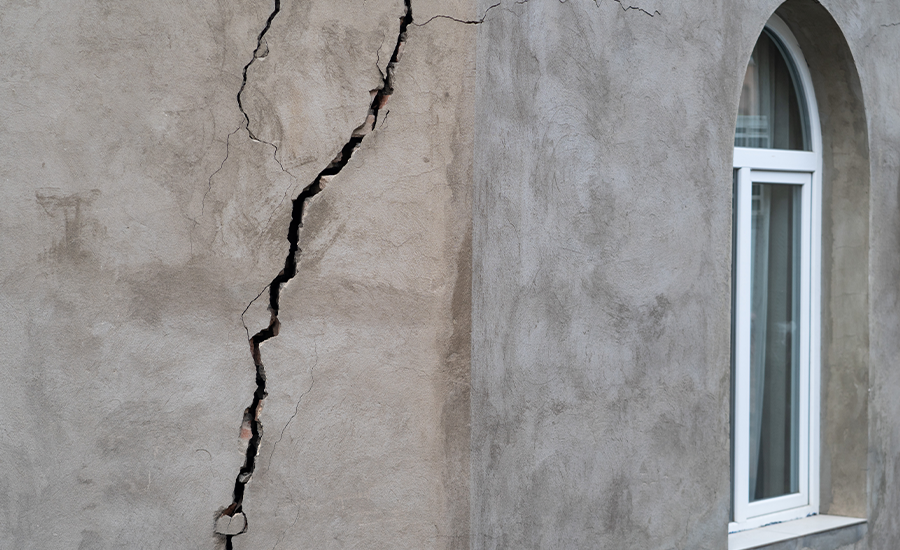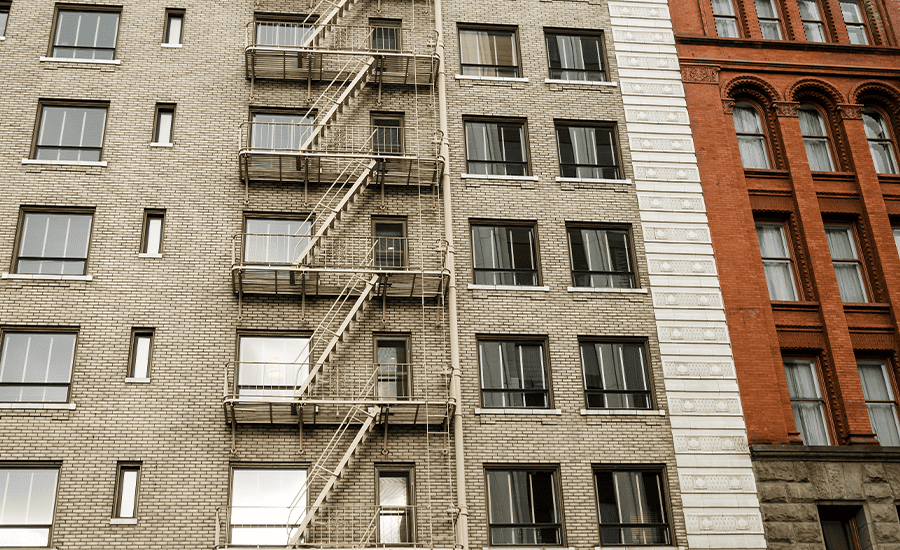Installing a brick paver driveway is an excellent way to enhance the curb appeal and functionality of your home. Not only do brick pavers offer a robust and attractive paving solution, but they also come in a variety of styles and colors, allowing for customizable designs that can match any home’s exterior. Whether you’re looking at the longevity and sustainability of permeable brick pavers or considering the aesthetic and economic advantages over concrete and asphalt, a brick paver driveway stands out as a superior choice for homeowners seeking durability and style.
Cost to Pave a Brick Driveway
When it comes to upgrading your home’s exterior, opting for a brick paver driveway can be an excellent decision due to its durability and timeless aesthetic appeal. However, understanding the costs associated with this choice is crucial for planning and budgeting effectively. Let’s dive into the detailed cost factors and provide a structured breakdown to help you understand what to expect financially before you start your project.
Overview of Costs Associated with Different Paver Options
Choosing the right type of brick for your driveway is essential, as it directly affects both the appearance and cost of the project. Here’s an overview of the different types of brick pavers and their associated costs:
- Standard Brick Pavers: Known for their uniform shape and color, these are often the most budget-friendly option.
- Interlocking Pavers: These offer increased stability and resistance to shifting, making them slightly more expensive but beneficial for long-term durability.
- Old World Pavers: For those seeking a more distinctive or historic look, these pavers are higher-priced but add unique charm and character.
Detailed Cost Breakdown
To give you a clearer picture of potential expenditures, here is a table illustrating the average costs you might encounter when paving a brick driveway:
| Description | Cost Estimate |
| Basic Installation Costs | $4,000 – $8,000 |
| Standard Brick Pavers | $5,000 – $10,000 |
| Interlocking Pavers | $7,000 – $12,000 |
| Old World Pavers | $9,000 – $15,000 |
| Additional Features (e.g., borders, patterns) | $1,000 – $3,000 |
Note:
- The costs include both materials and labor.
- Prices can vary based on regional labor rates, the complexity of installation, and the current market prices for materials.
This structured pricing information helps you gauge the initial investment needed for various types of brick driveways. Understanding these costs will assist you in making a well-informed decision that aligns with both your aesthetic preferences and budgetary requirements. In the next section, we’ll explore how these costs translate into per square foot pricing, allowing for a more detailed and personalized project estimate.
Brick Driveway Cost
When planning to install a brick driveway, understanding how various factors impact the total cost is key. Brick driveways are not only aesthetically pleasing but also enhance the long-term value of your property due to their durability. Let’s discuss the specific cost factors and then provide a detailed breakdown of expenses based on different driveway sizes.
Factors Affecting Costs
The cost of a brick driveway can vary based on several important factors:
- Type of Brick: Choosing between standard, interlocking, or old-world bricks affects cost due to differences in material prices and installation techniques.
- Driveway Size: Naturally, larger driveways require more materials and labor.
- Location: Costs can vary significantly depending on regional price differences for materials and labor.
- Design Complexity: Custom patterns and colors can increase costs due to more labor-intensive installation and potentially higher material waste.
- Site Preparation: The current state of the installation site can affect costs; more prep work means higher costs.
Cost Comparison: Brick Driveway vs Other Materials
While brick driveways are generally more expensive than asphalt and concrete options, they offer a blend of durability and elegance that can significantly increase your home’s curb appeal and potentially its resale value.
- Concrete Driveways: Less expensive but require more maintenance and lack the visual appeal of bricks.
- Asphalt Driveways: Cheaper initially but need frequent resurfacing and don’t last as long as brick driveways.
Brick Driveway Cost by Size
Here’s an expanded and detailed cost breakdown for brick driveways based on size, providing a clear picture for budget planning:
| Driveway Size | Average Cost (Labor Included) |
| Single Stall (10’ x 20’) | $3,000 – $7,500 |
| Single (12’ x 24’) | $3,500 – $9,000 |
| Double Stall (20’ x 20’) | $7,000 – $14,000 |
| Double (24’ x 24’) | $8,500 – $17,000 |
| Triple (24’ x 36’) | $12,000 – $24,000 |
Note:
- These prices include all materials and labor necessary for installation.
- Costs may vary depending on the specifics mentioned earlier, such as material type and site conditions.
This table should help you better understand the financial commitment involved in installing a brick driveway of various sizes. With this knowledge, you can more accurately plan your project according to your property’s needs and your budget.
In the next section, we will look closer at the specific prices of different types of brick pavers, further aiding in your decision-making process and helping you choose the right materials for your driveway project. This detailed look at brick paver prices will ensure you are fully prepared for all aspects of your driveway installation.
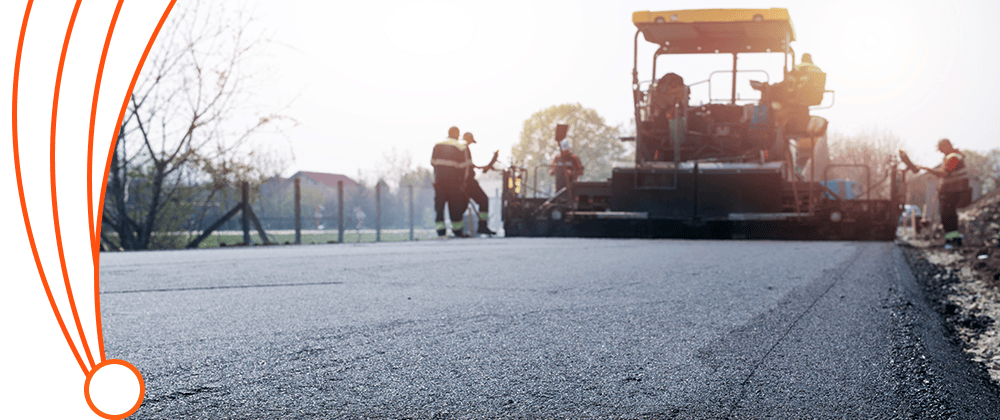
Brick Paver Prices
When you’re planning to install a brick driveway, knowing the cost of different types of brick pavers is essential for making an informed decision that aligns with both your budget and design preferences. Let’s delve into the specifics of these costs and some savvy tips to ensure you get the best value for your investment.
Analysis of Cost per Square Foot for Various Brick Paver Types
Different types of brick pavers not only offer distinct looks but also come with varying price tags. Here’s a detailed look at what you can expect to pay per square foot, depending on the type of paver you choose for your driveway:
| Type of Brick Paver | Cost per Square Foot |
| Standard Clay Bricks | $8 – $12 |
| Concrete Pavers | $6 – $10 |
| Natural Stone Pavers | $15 – $30 |
| Reclaimed Brick Pavers | $10 – $20 |
| Custom Designed Pavers | $20 – $40 |
Standard Clay Bricks are typically the most affordable, offering a classic look that fits well in many settings. Concrete Pavers provide a more budget-friendly alternative but with a range of customizable options in terms of color and texture. Natural Stone Pavers, while on the higher end of the price spectrum, bring unmatched durability and a premium look. Reclaimed Brick Pavers are perfect for those seeking a rustic or environmentally friendly option, and Custom Designed Pavers allow for unique, personalized patterns and styles but come at a higher cost.
These prices reflect only the pavers themselves, without considering the cost of installation, which can vary depending on local labor rates and the complexity of the design.
Buying Tips: Advice on Where to Find the Best Deals and How to Choose the Right Pavers for Your Climate and Soil Type
Selecting the right brick pavers is not just about aesthetics; it’s also about ensuring they are suitable for your local climate and soil conditions. Here are some tips to guide you:
- Research Suppliers: Look for reputable suppliers who offer quality pavers at competitive prices. Don’t hesitate to ask for bulk discounts or negotiate on larger orders.
- Check for Durability: Make sure the pavers you choose are rated for the climate in which you live. For example, in areas with frequent freeze-thaw cycles, opt for pavers that are frost resistant.
- Consider Permeability: If your area experiences heavy rainfall, consider permeable pavers that allow water to seep through and reduce runoff.
- Match Pavers with Soil Type: Ensure the pavers you select are suitable for your soil type. For instance, heavier pavers may be needed in softer, more pliable soils.
By taking these points into consideration, you can ensure that the pavers you choose will not only look great but also stand the test of time, providing a solid return on your investment.
As we continue to plan your project, understanding the installation process is equally important. In the next section, we will cover “Installation Complexity and Guidance,” giving you a comprehensive overview of what to expect during the installation of your brick pavers. This will help you prepare for the challenges and ensure a smooth project flow.
Installation Complexity and Guidance
Installing a brick paver driveway can be an exciting project that not only enhances the beauty of your home but also increases its value. However, it involves several detailed steps, each crucial to ensuring a long-lasting and durable driveway. Let’s walk through the step-by-step process and address some common installation challenges and their solutions.
Step-by-Step Installation Process
1. Planning and Design:
- Initial Survey: Begin by assessing the area where the driveway will be installed. This includes measuring the space and evaluating the soil condition.
- Design Layout: Decide on the pattern and type of brick pavers. This step is vital as it affects not only the aesthetics but also the functionality of the driveway.
2. Ground Preparation:
- Excavation: Remove the top layer of soil to a depth suitable for the base material, usually about 7-10 inches.
- Grading: Level the ground to ensure proper drainage. This step prevents water accumulation that could damage the driveway over time.
3. Base Installation:
- Base Material: Lay a sub-base of crushed stone or gravel. Compact it thoroughly to create a solid, stable foundation that prevents sinking and shifting.
- Edge Restraints: Install edge restraints around the perimeter to maintain the shape and integrity of the installation.
4. Laying the Pavers:
- Laying Technique: Place the brick pavers closely together according to the chosen pattern. Use a rubber mallet to tap them into place, ensuring they are level.
- Cutting Pavers: Some pavers may need to be cut to fit edges and small spaces. Use a masonry saw or a splitter for this task.
5. Sand Filling and Compaction:
- Sand Application: Spread fine-grained sand over the paved surface, sweeping it into the gaps between the pavers to lock them in place.
- Final Compaction: Compact the driveway again to settle the pavers into the sand and base layer, ensuring everything is snug and secure.
6. Sealing:
- Sealer Application: Apply a sealer to the pavers to enhance their color and protect the surface from stains and weather damage. This step is optional but recommended for maintaining the driveway’s appearance over time.

Installation Challenges and Solutions
During the installation of a brick paver driveway, several challenges might arise:
- Subgrade Issues: Poor soil conditions can lead to shifting and settling.
- Solution: Conduct a soil test prior to installation. If the soil is too loose or fertile, replace it with a more stable material or add a thicker base layer.
- Drainage Problems: Inadequate drainage can cause water to pool on or under the driveway, leading to damage over time.
- Solution: Ensure proper grading during the groundwork phase. Consider installing drainage systems like French drains if necessary.
- Paver Breakage: Handling and cutting brick pavers can sometimes lead to cracks or breaks.
- Solution: Purchase extra pavers to account for potential breakage. Handle the pavers carefully and use the right tools for cutting.
- Uneven Settling: This might occur if the base is not compacted properly.
- Solution: Compact the base in layers to ensure it is solid and stable before laying pavers.
By following these detailed steps and being prepared to handle potential obstacles with informed solutions, you can successfully install a brick paver driveway that is both beautiful and durable. With the driveway now in place, next, we’ll discuss the specific costs involved in such installations, helping you manage your budget efficiently in the upcoming section on the cost to install a brick paver driveway.
Cost to Install a Brick Paver Driveway
Installing a brick paver driveway is a significant home improvement project that not only boosts curb appeal but also potentially increases the property value. Let’s explore the detailed costs involved, including both labor and materials, and discuss some strategies for keeping those costs in check without sacrificing the quality of your new driveway.
Labor and Material Costs
The cost of installing a brick paver driveway can vary widely depending on several factors such as the size of the driveway, the type of pavers selected, and the geographic location. Here’s a breakdown to give you a clearer idea of what to expect:
| Component | Cost Range |
| Materials | $4 to $10 per square foot |
| Labor | $8 to $15 per square foot |
| Total Cost | $12 to $25 per square foot |
Materials: This includes the bricks themselves, base materials like sand and gravel, and any additional elements like edging or drainage systems.
Labor: This cost covers the work involved in preparing the site, laying the pavers, and finishing touches like sand filling and sealing.
The total cost can vary based on the complexity of the installation and the quality of materials used. For a standard driveway, these costs are fairly typical, but for larger or more intricate designs, prices can increase.
Cost-Saving Strategies
While a brick paver driveway is an investment, there are ways to manage the costs to ensure you’re getting the best value:
- Choose Standard Pavers: Opting for standard pavers over premium or custom designs can significantly reduce the cost while still providing durability and aesthetic appeal.
- Do Some of the Work Yourself: If you’re handy and have the time, consider doing some of the preparation work yourself, such as removing old paving or even attempting the entire project if you feel confident.
- Shop Around for Materials: Compare prices from different suppliers to find the best deals on pavers and base materials. Buying during sales or off-season can also lower costs.
- Reuse Materials: If you’re replacing an old brick driveway, you may be able to reuse some of the old bricks or base materials if they’re still in good condition.
- Efficient Planning: Avoid wastage by accurately calculating the required materials. Overordering can inflate costs unnecessarily, so precise measurements and careful planning are key.
By understanding these cost components and considering ways to reduce expenses, you can better plan your budget for installing a brick paver driveway. It’s important to consider these strategies carefully to ensure that cost-cutting does not lead to compromised quality, which could lead to more frequent repairs down the line. Speaking of repairs, the next section will delve into maintaining your brick paver driveway and handling any necessary repairs to keep it looking great and functioning well for years to come.
Brick Paver Driveway Repair
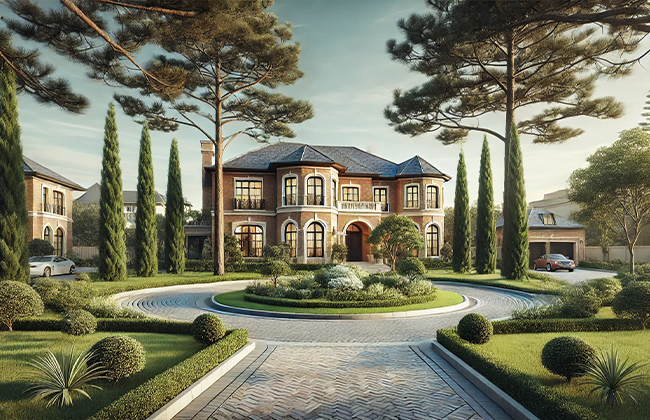
Maintaining your brick paver driveway is crucial for ensuring its longevity and keeping it looking its best. Regular maintenance not only helps in prolonging the life of the driveway but also in minimizing the cost of repairs over time. Let’s explore the essentials of routine maintenance and the costs associated with common repairs.
Maintenance Essentials
Routine maintenance of a brick paver driveway involves several key activities that should be carried out regularly:
- Regular Cleaning: Keep your driveway clean from dirt, leaves, and debris. This not only enhances its appearance but also prevents staining and growth of moss or weeds.
- Weed Prevention: Apply a pre-emergent weed preventer between the pavers to stop weeds before they start. This is typically done in early spring and again in late summer.
- Sealing: Depending on the type of pavers and your local climate, sealing your driveway every 2-3 years can protect it from stains, fading due to UV exposure, and damage from freeze-thaw cycles.
- Checking for Movement or Settling: Inspect your driveway periodically for any signs of paver movement or settling, especially after heavy rain or freeze-thaw cycles. Early detection can prevent more significant problems.
Repair Costs
Over time, you may encounter issues that require more than routine maintenance. Here are some common problems and the associated costs for repairs:
- Replacing Cracked or Broken Pavers: Pavers can crack or break due to heavy loads or impact. Fortunately, replacing individual pavers is relatively straightforward and cost-effective. Depending on the type and availability of the pavers, this can cost between $5 to $10 per paver, including labor.
- Fixing Uneven Pavers: If your driveway has become uneven, possibly due to improper base installation or erosion, re-leveling may be necessary. This typically involves lifting the affected pavers, re-grading and compacting the base, and reinstalling the pavers. Costs for this type of repair can range from $10 to $20 per square foot.
- Resanding Paver Joints: The sand between pavers can wash out over time, leading to loosening and shifting of the pavers. Refilling these joints with polymeric sand can stabilize the pavers and costs about $0.50 to $1.00 per square foot.
Knowing when to repair versus replace can save you money in the long run. Minor issues like the ones mentioned should be fixed promptly to prevent further damage. However, if your driveway has extensive damage over a large area or has repeated problems, it might be more cost-effective to consider a full replacement.
With this knowledge of maintenance essentials and repair costs, you can take proactive steps to manage your brick paver driveway effectively. Up next, we’ll discuss how to care for your driveway throughout the seasons, providing tips for keeping it in excellent condition year-round in our section on seasonal care and maintenance tips.
Seasonal Care and Maintenance Tips
Maintaining a brick paver driveway requires a keen eye and a bit of effort throughout the year. By adjusting your maintenance routine with the changing seasons, you can ensure that your driveway remains in excellent condition for many years. Here’s how you can tailor your care efforts for each season, along with strategies for long-term maintenance.
Seasonal Adjustments
1. Winter Care:
- Snow and Ice Removal: Be gentle when removing snow and ice. Avoid using metal shovels or plows that can scratch or chip the pavers. Instead, use a plastic shovel or a snow blower with rubber blades.
- De-icing Products: If using de-icing products, choose ones that are safe for concrete pavers to avoid damage. Avoid using rock salt as it can erode the surface of the bricks.
- Check for Water Pooling: Regularly check for and address areas where water pools and freezes, as the freeze-thaw cycle can cause pavers to shift or crack.
2. Spring Care:
- Deep Cleaning: Spring is a great time for a thorough cleaning to remove dirt, grime, and salt build-up from winter. Use a pressure washer set on a low pressure to avoid damaging the pavers.
- Re-sand Paver Joints: After cleaning, re-sand the joints between pavers if necessary to prevent weed growth and stabilize the pavers.
- Inspect for Damage: Check for any damage or misalignment caused by winter weather and make necessary repairs.
3. Summer Care:
- Sealing: Consider sealing your driveway to protect it from UV rays, stains, and wear. This is best done in dry conditions when temperatures are moderate.
- Weed Prevention: Apply a pre-emergent weed killer to prevent weeds from taking hold in the joints.
- Regular Sweeping: Keep the driveway clean from debris and dirt to maintain its appearance and prevent staining.
4. Fall Care:
- Leaf Removal: Keep leaves and other organic debris cleared away to prevent staining and moisture retention, which can lead to mold and mildew growth.
- Gutter Checks: Ensure gutters are clear and downspouts direct water away from the driveway to prevent water damage.
Long-term Maintenance Strategies
For the longevity of your brick paver driveway, consider these ongoing strategies:
- Routine Inspections: At least twice a year, conduct detailed inspections of your driveway to identify potential issues before they become serious problems.
- Prompt Repairs: Address issues such as loose or cracked pavers immediately to prevent further deterioration.
- Professional Cleaning: Every few years, consider having your driveway professionally cleaned and sealed to restore its original luster and extend its lifespan.
By following these seasonal care tips and long-term maintenance strategies, you can ensure that your brick paver driveway remains functional and beautiful, thereby enhancing the charm and value of your home. Understanding the resilience and maintenance needs of your brick driveway is crucial, especially when considering other materials like concrete, which we will discuss further to see how they stack up in terms of cost and benefits.

Brick Driveway Cost vs Concrete
Choosing between brick and concrete for your driveway involves careful consideration of both costs and aesthetics. Each material offers unique benefits and challenges that could influence your decision based on economic factors and the desired visual impact on your property.
Economic and Aesthetic Considerations
1. Upfront Costs:
The initial investment is a significant factor when choosing driveway materials. Here’s a breakdown to help you understand the cost differences:
| Material | Cost per Square Foot (Including Installation) |
| Brick | $10 – $30 |
| Concrete | $5 – $20 |
- Brick Driveways: Generally, brick driveways are on the higher end of the cost spectrum due to the cost of the materials and the labor required to lay each brick individually.
- Concrete Driveways: Concrete is typically less expensive, benefiting from simpler and faster installation processes.
2. Longevity and Maintenance Costs:
Both materials are durable, but their maintenance needs over time can influence overall cost-effectiveness.
- Brick Driveways: With proper maintenance, brick driveways can last over 25 years. Maintenance might include re-sanding joints and replacing individual bricks as needed, which allows for targeted repairs rather than wholesale replacement.
- Concrete Driveways: Concrete can last up to 30 years, but it is prone to cracking, especially in colder climates with freeze-thaw cycles. Repairs can be extensive and more noticeable due to difficulties in matching the existing concrete.
3. Aesthetic Impact:
The visual impact of your driveway material is crucial in complementing your home’s exterior and enhancing curb appeal.
- Brick Driveways: Offer a classic and customizable appearance with a variety of colors and laying patterns. This flexibility allows homeowners to tailor the look to match the home’s style.
- Concrete Driveways: While typically more uniform, concrete can be stamped or colored to mimic higher-end materials, offering versatility in design though sometimes at additional costs.
Understanding these factors will help guide your decision on which driveway material to choose, balancing between immediate costs, ongoing maintenance needs, and the aesthetic value each option brings to your home. As we move forward, exploring how brick driveways compare to asphalt options will further refine your choices, ensuring you select the best material for your driveway’s performance and appeal.
Cost of Brick Driveway vs Asphalt
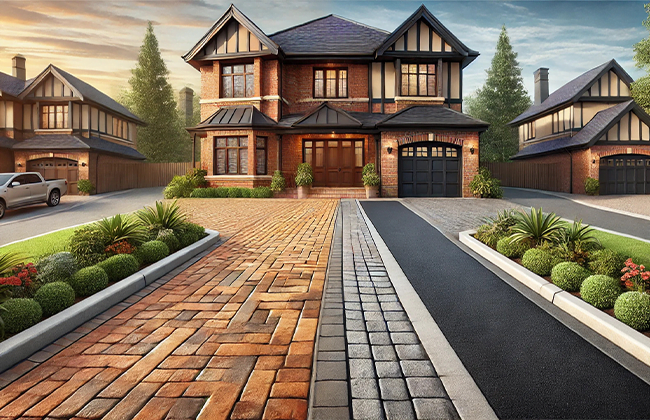
When deciding between brick and asphalt for your driveway, it’s important to consider their longevity, maintenance, and overall cost-effectiveness. Each material offers distinct advantages and challenges that could influence your choice based on your specific needs.
Longevity and Maintenance
1. Brick Driveway:
- Durability: Brick driveways are exceptionally durable, typically lasting over 25 years with proper maintenance. The longevity largely depends on the quality of materials and the installation process.
- Maintenance: Brick driveways require some upkeep such as re-sanding joints to prevent weeds and adjusting any bricks that might shift over time. While sealing isn’t mandatory, it can help protect the driveway from stains and fading.
- Cost Over Time: Despite a higher initial investment, brick driveways generally incur lower maintenance costs, especially if any issues are addressed promptly, preserving the driveway’s aesthetic and structural integrity.
2. Asphalt Driveway:
- Durability: Generally, asphalt driveways need more frequent maintenance, lasting about 12 to 20 years depending on environmental conditions and usage.
- Maintenance: Regular sealing is necessary every two to five years to keep an asphalt driveway in good condition, along with filling cracks and repairing potholes as they appear.
- Cost Over Time: Asphalt may have a lower initial cost but can accumulate higher maintenance expenses over its lifetime, which might increase the overall cost of the driveway.
Here’s a quick look at the material and cost aspects:
| Material | Initial Cost per Sq Ft | Longevity | Maintenance Frequency | Resale Value Impact |
| Brick | $10 – $30 | 25+ years | Low | High |
| Asphalt | $3 – $10 | 12-20 years | High | Moderate |
Understanding the durability and maintenance needs of each option will help you make a well-informed decision that aligns with your budget and long-term property goals. As you weigh these options, it’s also beneficial to consider their environmental impact, which we will explore next with eco-friendly paving solutions.

Eco-Friendly Paving Solutions
As we become more environmentally conscious, choosing eco-friendly paving solutions for our driveways is more important than ever. These sustainable options not only help reduce the environmental impact but also offer functional benefits. Let’s explore the advantages of using permeable brick pavers and how opting for greener materials can influence your project budget.
Green Paving: The Benefits of Using Permeable Brick Pavers
Permeable brick pavers are designed to allow water to pass through the surface and soak into the ground beneath rather than run off into streets and storm drains. This feature helps manage rainwater more naturally, reducing the risk of flooding and lessening the burden on municipal stormwater systems. Here are some key benefits:
- Water Management: Permeable pavers mimic the way natural land absorbs water. By promoting the infiltration of rainwater back into the earth, these systems replenish groundwater supplies and filter out pollutants.
- Durability and Aesthetics: While being eco-friendly, permeable pavers are also durable and available in various styles that enhance the aesthetic appeal of your property.
- Temperature Control: These pavers can help reduce the ‘heat island’ effect often caused by traditional paving methods. Their ability to absorb and manage water means they stay cooler in the summer, contributing to a more comfortable outdoor environment.
Cost Implications of Eco-Friendly Choices
Choosing eco-friendly paving solutions such as permeable brick pavers often involves a consideration of cost. Here’s how making greener choices can impact your budget:
- Initial Costs: Generally, permeable pavers may have a higher upfront cost compared to traditional materials. This is due to the specialized materials required and potentially more complex installation processes.
- Long-Term Savings: Although the initial investment might be higher, permeable pavers can lead to significant long-term savings. They can reduce the need for expensive drainage systems and mitigate water damage to surrounding areas, which might save on future repair and maintenance costs.
- Incentives and Rebates: In some areas, using eco-friendly paving solutions can qualify property owners for incentives such as rebates or tax reductions, which can offset the higher initial cost.
Here’s a brief look at the financial aspect of choosing eco-friendly pavers:
| Aspect | Detail |
| Upfront Cost | Higher than traditional pavers due to specialized materials and installation |
| Maintenance Cost | Lower over time, fewer repairs required |
| Incentives | Potential for rebates or tax benefits in some regions |
Embracing eco-friendly paving solutions offers a sustainable approach that benefits both the environment and homeowners. By considering both the ecological advantages and economic implications, you can make a choice that aligns with your values and budgetary considerations. These considerations are crucial as we think about building not just for today, but for a sustainable future.
Conclusion
Choosing a brick paver driveway is a significant investment that pays dividends in enhancing your property’s value and aesthetic appeal. With the benefits of eco-friendly options like permeable pavers, you can also contribute positively to environmental sustainability. If you are planning to install a brick paver driveway and need professional assistance, don’t hesitate to contact a skilled contractor at (+1) 917-355-8556 who can provide expert advice and service ensuring your driveway is built to last.
FAQs
Q: What is the average cost to install a brick paver driveway?
A: The cost can vary widely depending on the size of the driveway and the type of pavers used, typically ranging from $10 to $30 per square foot.
Q: How long does a brick paver driveway last?
A: With proper maintenance, a brick paver driveway can last over 25 years, making it a durable option for residential properties.
Q: Can I use permeable brick pavers for my driveway?
A: Yes, permeable brick pavers are an excellent choice for driveways as they allow water to seep through, reducing runoff and promoting groundwater recharge.
Q: What maintenance is required for a brick paver driveway?
A: Routine maintenance includes cleaning, re-sanding paver joints, and sealing the pavers every few years to maintain their appearance and longevity.
Q: Is a brick paver driveway better than concrete?
A: While more expensive upfront, brick paver driveways offer greater durability and aesthetic flexibility compared to concrete, often resulting in a higher property value.
Q: How much does it cost to pave a brick driveway?
A: The cost to pave a brick driveway varies, generally falling between $10 to $30 per square foot, depending on factors like material quality and installation complexity.
Q: What are the maintenance requirements for a brick paver driveway repair?
A: Regular maintenance for a brick paver driveway includes sealing and occasional re-sanding of joints. It also involves replacing any cracked or broken pavers. These steps extend its lifespan and maintain its appearance.
Q: Is a brick paver driveway more cost-effective than concrete in the long run?
A: Initially, brick paver driveways may cost more than concrete. However, their durability and ease of repair can make them more cost-effective over time. This is due to lower long-term maintenance and repair costs.
Q: What should I consider when installing a brick paver driveway to ensure it lasts?
A: Proper installation is key, including a well-prepared base, appropriate paver selection, and professional laying techniques. Ensuring good drainage and regular maintenance are also crucial to prolong the driveway’s durability.
Q: Can brick paver driveways improve property value compared to asphalt driveways?
A: Yes, brick paver driveways can significantly enhance property value. Their aesthetic appeal and longevity stand out compared to asphalt driveways. Asphalt might require more frequent repairs and replacements.
Q: Is a brick driveway expensive?
A: The initial cost of a brick driveway is generally higher than some other materials. This is due to the cost of bricks and installation. However, the long-term durability and minimal maintenance can make it a cost-effective option over time.
Q: Is brick good for a driveway?
A: Yes, brick is an excellent choice for driveways due to its durability, aesthetic appeal, and the ability to withstand heavy loads. It also offers a classic look that can enhance the curb appeal of your property.
Q: How much does it cost to brick a driveway?
A: The cost to brick a driveway typically ranges from $10 to $30 per square foot. This depends on the type of brick used, the layout’s complexity, and geographical location.
Q: What are the best pavers for a driveway?
A: The best pavers for a driveway are typically interlocking pavers. Their strength allows them to withstand ground shifts and heavy traffic without cracking.
Q: Can I paint my brick driveway?
A: Yes, you can paint a brick driveway, but it requires specific preparation such as cleaning and priming the bricks. Use a high-quality, durable outdoor paint designed for brick or concrete to ensure longevity and resistance to weather conditions.
Q: Is a brick driveway a good idea?
A: Yes, installing a brick driveway is a good idea for several reasons. It offers exceptional durability, timeless aesthetics, and can significantly enhance your property’s curb appeal. Additionally, brick driveways are low maintenance and can increase the overall value of your home.
Q: Are paver driveways hard to maintain?
A: No, paver driveways are not hard to maintain. Regular sweeping and occasional re-sanding of the joints are usually sufficient to keep them in good condition. Prompt replacement of any damaged pavers can also help maintain their appearance and functionality.


